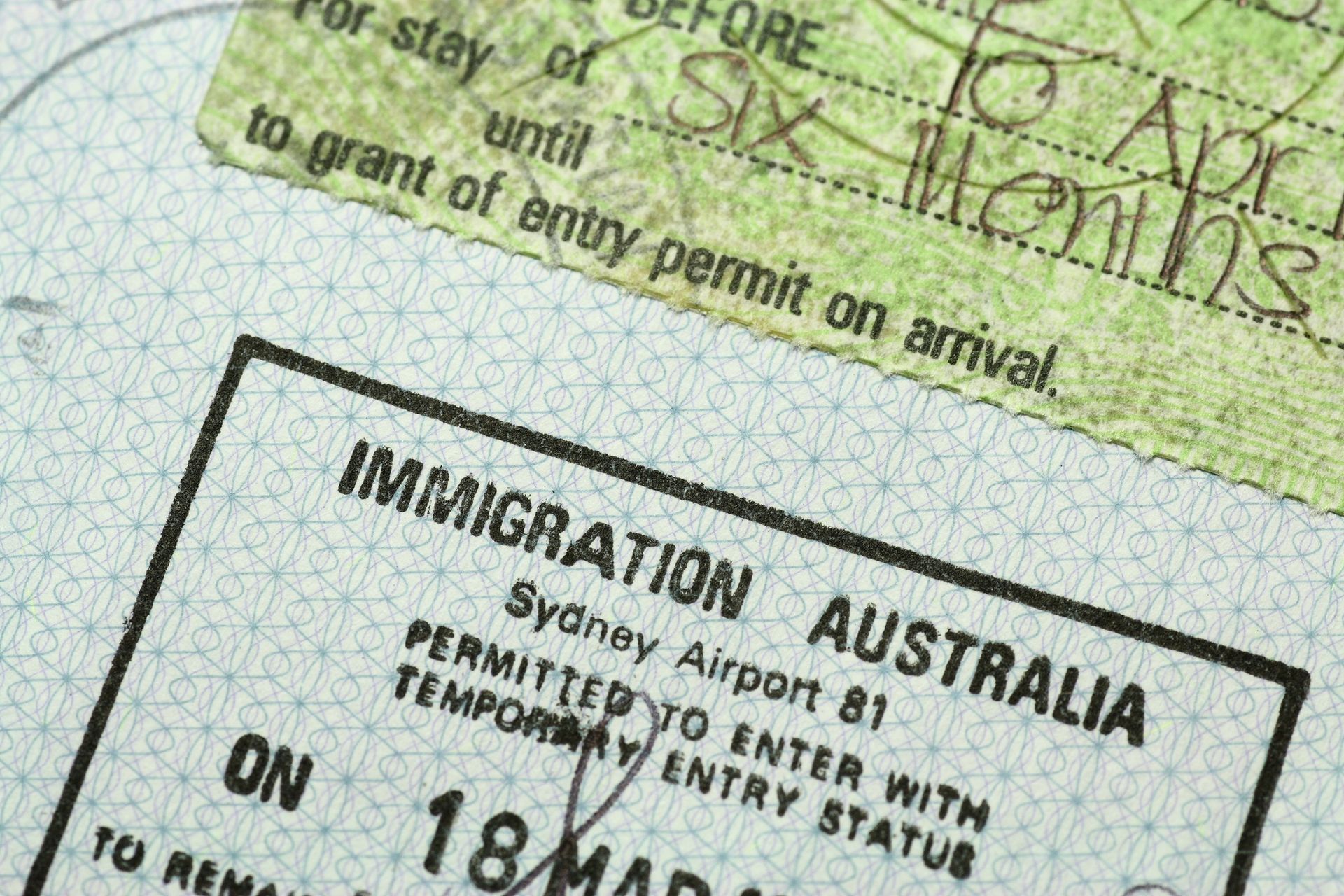What to do after my loved one passes away?
Angelique Bulliman, Paralegal • March 27, 2024
Losing a loved one is a difficult and emotional time, which can be made worse by the stress of having to deal with administrative issues that occur when a person passes. Here's a general guide to help you through:
Take Care of Yourself: Firstly, remember to take care of yourself and prioritise your physical and emotional well-being during this challenging time. Seek support from family, friends, or professional counsellors if needed, and give yourself time to grieve and process your loss.
Notify Family and Friends: Inform close family members, friends, employers, and any relevant organisations or institutions about the passing of your loved one. Consider reaching out for support from family and friends during this challenging time.
Arrange for Funeral and Burial or Cremation: Make arrangements for the funeral or memorial service, burial, or cremation in accordance with the deceased's wishes or any prearranged plans. You can engage a funeral director to assist with these arrangements.
Obtain a Death Certificate: Usually, the funeral director will apply on your behalf for the death certificate, using information you provide. The Registry of Births, Deaths, and Marriages in NSW will then issue you with the original certificate a few weeks after the funeral. You'll need the death certificate to notify relevant authorities and organisations and to settle the deceased's affairs.
Locate the Will: If the deceased had a will, locate the original document and notify the executor named in the will. The executor is responsible for managing the deceased's estate and carrying out their wishes as outlined in the will. If there is no will, the laws of intestacy in NSW will govern how the estate is distributed.
Notify Government Agencies and Service Providers: Contact relevant government agencies and service providers to inform them of the death and to manage any accounts, benefits, or entitlements. This may include the Department of Human Services (Centrelink), the Australian Taxation Office (ATO), banks and financial institutions, utility companies, and healthcare providers.
Cancel or Transfer Services: Cancel or transfer any services or subscriptions in the deceased's name, such as utilities, phone, internet, insurance policies, and memberships. You may need to provide a certified copy of the death certificate as proof.
Settle Financial Affairs: Gather and organise the deceased's financial documents, including bank accounts, investments, debts, and assets. Notify creditors and debtors of the death, and begin the process of settling outstanding debts and distributing assets in accordance with the will or intestacy laws. It may be necessary to apply to the Supreme Court for probate or letters of administration to administer the estate
Seek Legal Advice: Contact a law firm who specialises in estate administration and probate matters. They can provide guidance on legal and financial matters, including the probate process, estate taxes, and any disputes or challenges that may arise.
It's important to note that this is a general guide, and the specific steps may vary depending on the individual circumstances and the complexity of the deceased's estate.
Here at Kells Lawyers, we have a team of caring, patient and specialised estate administrations team who can guide you through the probate or letters of administration process. We take the time to understand your personal circumstances and do everything possible to make the legal aspect simple and stress free.
Photo 118069102 © Sergei Tremasov | Dreamstime.com

Kells has been delivering outstanding services and legal expertise to commercial and personal clients in Sydney and the Illawarra region for more than five decades. Our lawyers are savvy and understand your needs.
Subscribe
Want to get the latest articles and news delivered to your inbox?




